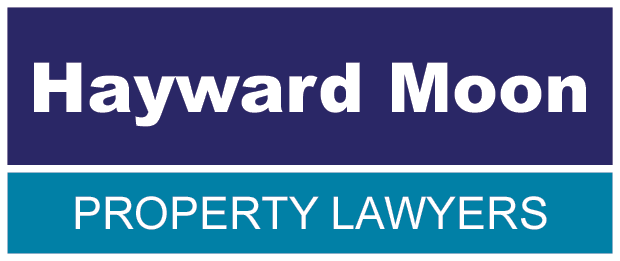What are they?
Restrictive Covenants are used by landowners to limit or forbid certain actions on a property. These Covenants are legal clauses within the Title Register (deed) and will be brought to your attention by your Lawyer during the purchase transaction.
It is important to remember, that Restrictive Covenants run with the land, and not individual owners. Therefore, the Covenants are imposed permanently on a property.
For clarity, there are two types of covenants – negative and positive. This article will cover negative (restrictive) covenants only.
Restrictive Covenants can cover a wide variety of issues and below are examples of some of the more common covenants that properties are bound by:-
Ø Restricting/preventing erecting further buildings on the land.
Ø Running a business from the property.
Ø Preventing the parking of caravans or commercial vehicles
Ø Preventing the erection of a satellite dish.
Do they affect my ability to sell in the future?
This will be dependant on the nature of the covenant. The more restrictive and onerous the covenant, the higher risk of a buyer being put off and not wanting to accept a property where they are limited in what they can do.
It is therefore imperative you read the covenants carefully.
Failure to comply with a restrictive covenant.
If you have unknowingly breached a covenant, you could be forced to undo the offending work, pay a fee or face legal action (which could costs thousands). If the covenant has been breached for over 12 months, you should be able to obtain restrictive covenants insurance to protect you and future owners against the breach.
Can I remove a restrictive covenant?
If all parties with the benefit of the restrictive covenant can be identified, and they were to all agree to releasing the restrictive covenant, a deed of release can be entered into. The beneficiary of the covenant does tend to charge a hefty sum for the release, dependent on the circumstances. It is for this reason, Lawyers look to an Indemnity Policy as an alternative, as it is an inexpensive and quick solution. The Policy of course does not resolve the issue, however, simply offers financial protection should enforcement action take place in the future.
Another option is to apply to the Upper Tribunal to modify or discharge the covenant under Section 84 of the Law of Property Act 1925. The applicant must rely on one or more of the grounds in Section 84 for an application to be made, and they are as follows: -
a) There have been changes in the character of the property, neighbourhood or other circumstances, which mean that the restriction should be deemed "obsolete" (s84(1)(a)).
b) The continued existence of the covenant would impede the reasonable use of the property, confers no practical benefit of substantial value and the loss of the covenant can be compensated with money (s84(1)(aa)).
c) Those with the benefit of the covenant have agreed to discharge or modify it. (s84(1)(b)).
d) Modifying or discharging the covenant would cause no injury to the persons entitled to the benefit of the restriction (s84(1)(c)).
The tribunal will make a decision case by case. This route is not the quickest and can be very costly, with no guaranteed outcome.
Please note this article is provided for general information purposes only to clients and friends of Hayward Moon Limited. It is not intended to impart legal advice on any matter. Specialist advice should be taken in relation to specific circumstances. Whilst we endeavour to ensure that the information in this article is correct, no warranty, express or implied, is given as to its accuracy, and Hayward Moon Limited does not accept any liability for error or omission.
Please note this article is provided for general information purposes only to clients and friends of Hayward Moon Limited. It is not intended to impart legal advice on any matter. Specialist advice should be taken in relation to specific circumstances. Whilst we endeavour to ensure that the information in this article is correct, no warranty, express or implied, is given as to its accuracy, and Hayward Moon Limited does not accept any liability for error or omission.



